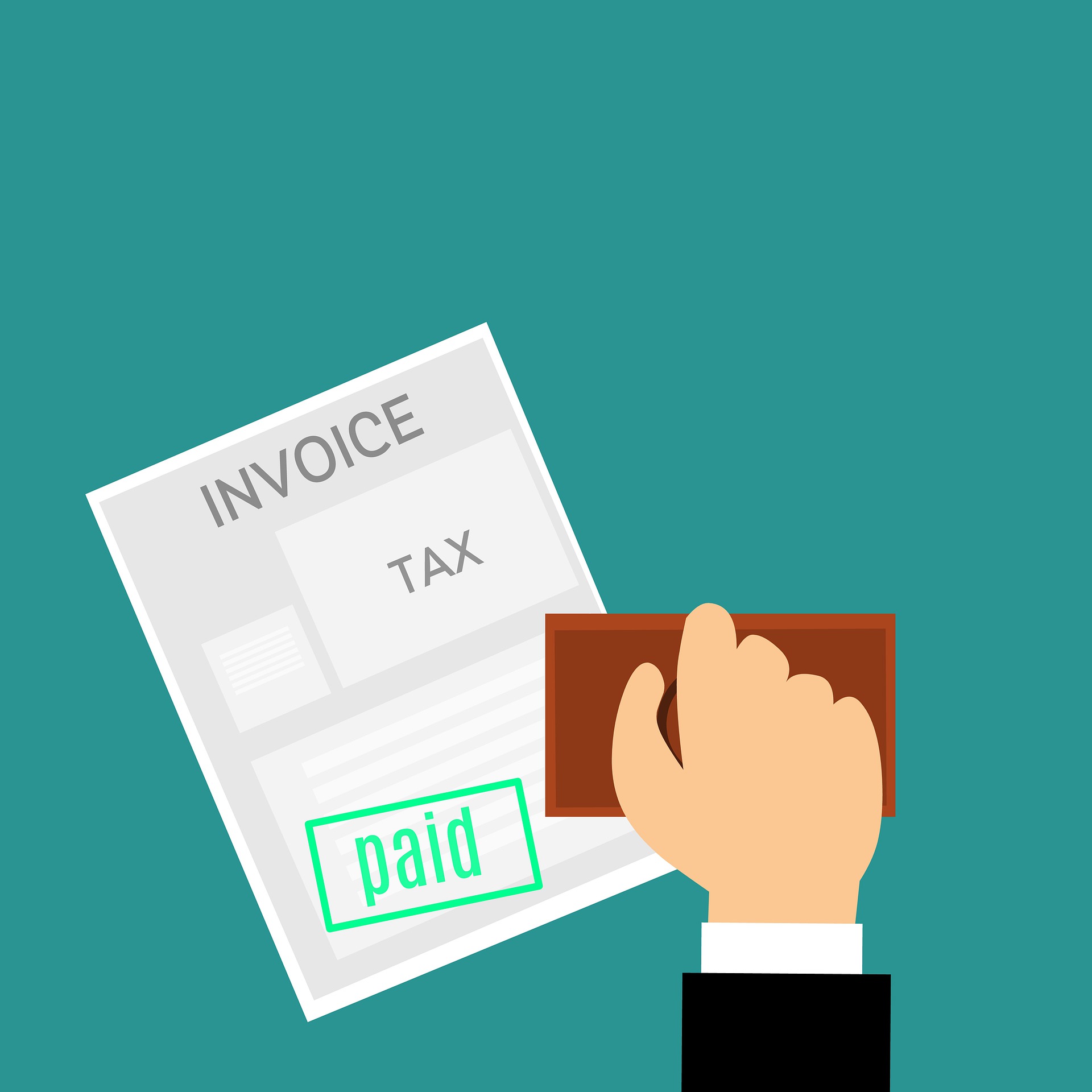Despite 2020 being a very challenging time for many Australian businesses, the Australia Securities and Investments Commissions (ASICS) recorded between 1,039 to 2,246 new business registrations each month last year in WA. Overall, 19,143 new companies were registered last year. This is actually more than in 2019 where only 17,806 new companies were registered in WA.
Reasons for this increase could be that people who lost their jobs during the pandemic have since launched their own venture. Another is that companies have had to evolve and adapt to new working conditions due to restrictions, so those with entrepreneurial spirit have seen an opportunity and gone for it! This increase in business start-ups has also been observed across the world with the US, UK, France, Germany and Japan all reported to have had a sharp rise in new company registrations in the Financial Times.
We can help you with new business registrations
Accountants are experts in tax and compliance, but our services go above and beyond crunching the numbers, we help businesses get off the ground and support business growth!
We also have first-hand experience of what life is like for a start-up! Choosing the right setup is crucial as it could save you tax in the long run. There are four main business structures commonly used by small businesses in Australia. We’ll guide you through the options based specifically on your business, to find out what works best for you. There will be ups and downs, but we will support you along the way helping to make your new venture a success.
New business structures
How your business structure is established can impact on how tax is paid, who can make important decisions, ages, how profits and losses are shared, legal obligations and how much it will cost you!
There are four different types of setup:
- Sole trader – the simplest form of business structure. It is also relatively easy and inexpensive to start and maintain.
- Pty Ltd Company – a separate legal entity from its owners and needs to be registered with the Australian Securities and Investment Commission. Set up costs are higher and the company must lodge its own return, however it offers your personal assets protection from liability and only your company assets are at risk in the event of any legal actions and company debts.
- Partnership – when two or more people jointly in business with the view of making a profit. And each partner is individually liable for debts incurred by the other partners. This means you have unlimited liability, unlike a Company structure.
- Trust – a separate legal entity, which also a greater flow of income to many beneficiaries in order to pay less tax. The trustee of the trust controls the trust and determines who receives income.
Each set up provides advantages and disadvantages to the business owner depending on your circumstances, so it is advisable to discuss this with your Taxpro accountant who can guide you through the details.
It is important to consider the pros and cons of each, along with your current and projected future expectations of the business. This includes having an estimated level of profitability in mind because this can help assess the best tax advantages for your likely profits.
Get in touch today and build your dream new business!






Leave A Comment